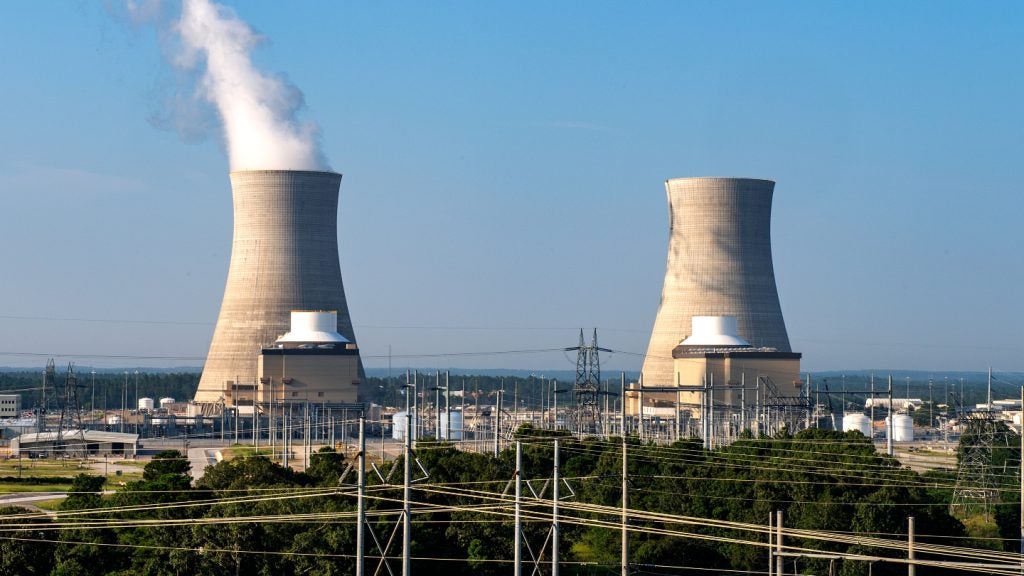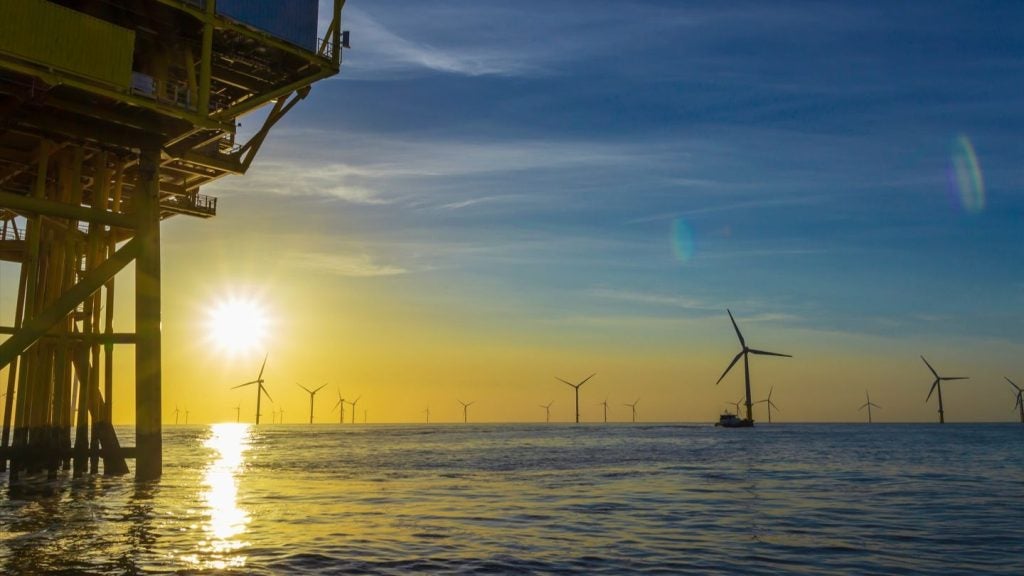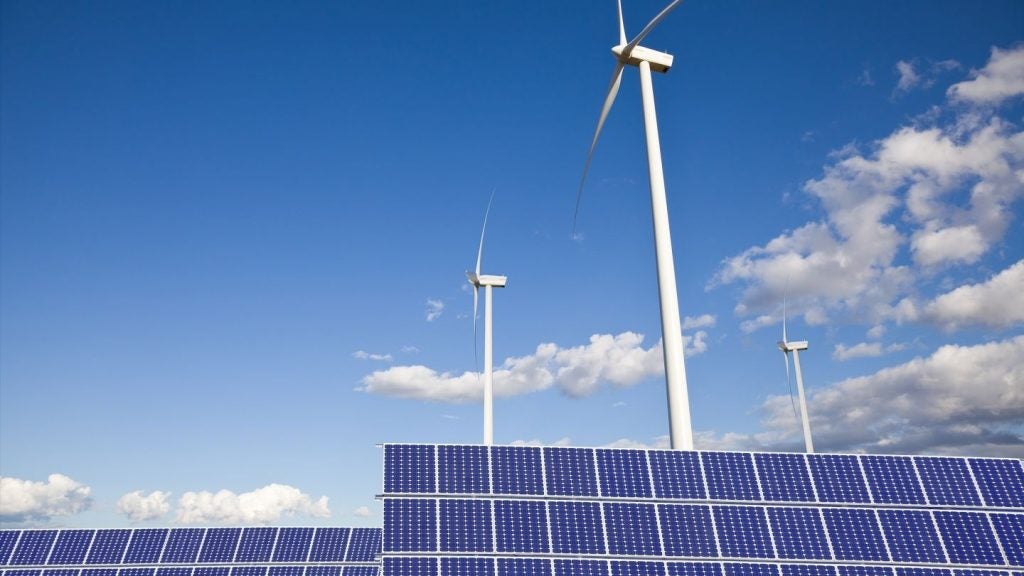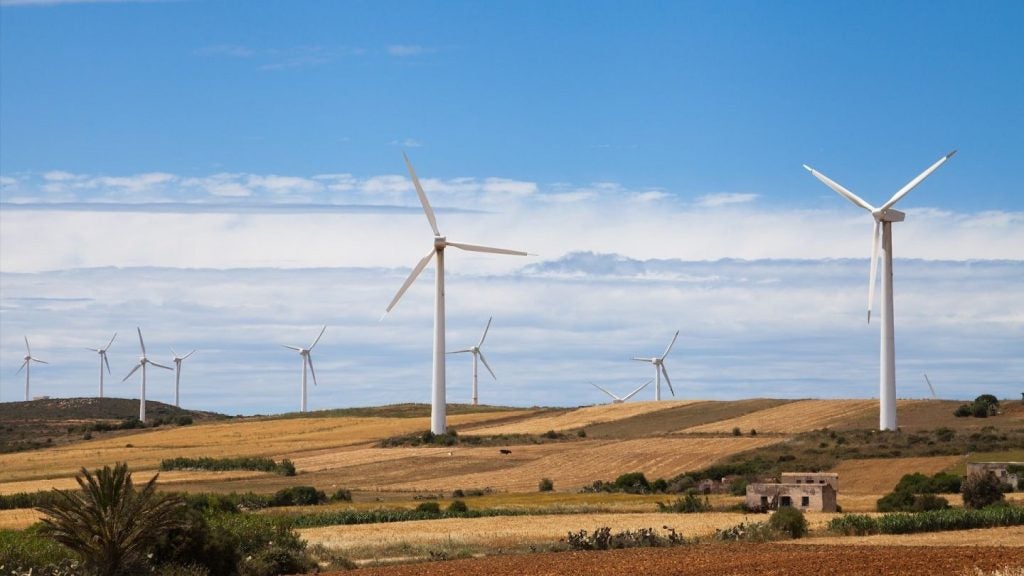The start of operations at the unit 3 reactor of the Plant Vogtle nuclear power station in Georgia, US, was hailed as a milestone of rebirth for the US nuclear industry. This has also been reflected in jobs data.
Unit 3 was the first new reactor to be brought online in the US for nearly seven years when it became operational on July 31. Operators say it will provide power for around 500,000 homes and businesses as one of four reactors at Plant Vogtle.
While there has been steady, if unspectacular, growth in the US nuclear jobs market for a number of years, figures began spiking at the start of this year.
Power Technology's parent company GlobalData tracked 1,285 active job listings in the US nuclear industry in February, rising sharply to 3,664 in March. Listings subsequently peaked at 5,301 in June before falling slightly to 4,734 in July – but they look set to rise again in August.
This follows the announcement by the current Biden administration in November last year that there would be major investment in the industry in the form of the $6bn Civil Nuclear Credit program, which “supports the continued operations of safe and reliable nuclear energy facilities”.
The US produces the most nuclear energy in the world, with production peaking in 2012 when 104 operational reactors delivered a capacity of around 102GW. However, the Three Mile Island incident in 1979 and Japan’s more recent Fukushima disaster in 2011 both caused the cancellation of projects and contributed to the stagnation of the industry.
Presidents George W Bush and Barack Obama both made efforts to stimulate the industry, to greater or lesser extents. The former enacted the Nuclear Power 2010 Program and the latter conditionally guaranteed $8.33bn in loans for the construction of the first new reactors in the US for over 30 years – units 3 and 4 at Plant Vogtle.
With the first of those two new reactors now online and a significant commitment to investment in the industry from central government, job numbers can be expected to continue rising.
Our signals coverage is powered by GlobalData’s Disruptor data, which tracks all major deals, patents, company filings, hiring patterns and social media buzz across our sectors. These signals help us to uncover key innovation areas in the sector and the themes that drive them. They tell us about the topics on the minds of business leaders and investors and indicate where leading companies are focusing their investment, deal-making and R&D efforts.















